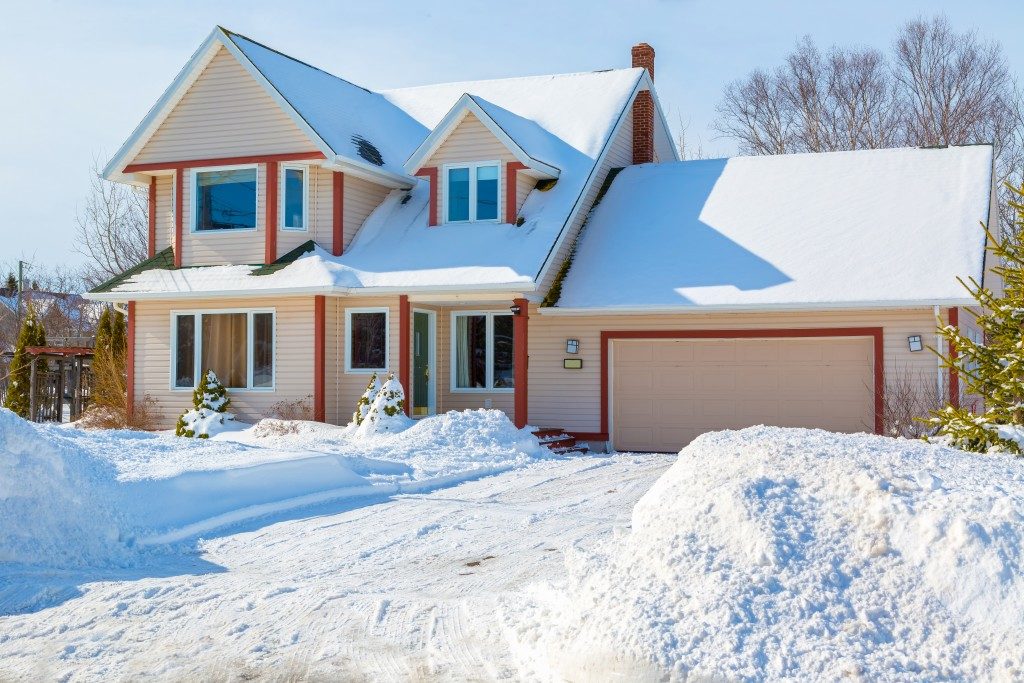You’ll never know what to expect during winter. You may have snow, spurts of warmth, or even pure ice and dry spells. But whatever the weather may be, your plants will need to endure the season. They must withstand the extreme temperature and stay alive, so they can grow healthy again in the next season.
Some providers of commercial landscaping services in Brunswick can help you with maintaining your lawn during the cold months or even prepare them for extreme weather. You can also do your share in maintaining the health of your grass, trees, and ornamental plants. Here are a few things you can do to become successful at doing this:
Set up the mulch
Gardening experts recommend mulching around plants, trees, and shrubs to add an extra layer of protection during winter. Mulching prevents erosion and loss of water in the soil. You can add a two-inch layer of mulch to reduce water loss and keep the ideal soil temperature around the roots.
If you think you can’t do this alone, call for professional help. Landscape maintenance experts are always ready to provide much-needed assistance during extreme weather conditions.
Plant at the right time
 It’s best to plant flowers that bloom in spring during late fall or early winter. Angie’s List suggests that overseeding and fall aeration helps fill the bare spots in your garden, providing you with a thicker and greener lawn. You can also introduce a variety of sturdy grass types to help protect your lawn from diseases and extreme temperatures.
It’s best to plant flowers that bloom in spring during late fall or early winter. Angie’s List suggests that overseeding and fall aeration helps fill the bare spots in your garden, providing you with a thicker and greener lawn. You can also introduce a variety of sturdy grass types to help protect your lawn from diseases and extreme temperatures.
It’s better to sow seeds in a secure planter or greenhouse. Let the seedlings sprout and wait until a few leaves appear and the stems look sturdy enough. The period between sowing and transplanting is called the hardening period.
Basically, you are preparing the seedlings for transplanting. This ensures that they can withstand extreme temperatures once you transplant them. It’s ideal to plant the seedlings early in the morning or before the sun sets. Provide shade if possible to protect the plants against snow or other debris.
Keep your flora well-hydrated
Loss of water through the plant’s leaves can still happen even during winter. It is, therefore, ideal to keep your plants well hydrated during the cold season. If the rains have been insufficient during autumn, then it’s best to supply your plants with water before the root system freezes. Manual watering will be necessary, especially when the water pipes in your irrigation system tend to freeze on cold days.
Knowing how to maintain the plants on your lawn is the best way to keep them healthy before, during, and after winter. Keep these tips in mind to avoid any problems in the future. You can also try to get in touch with a reputable commercial lawn expert who can help you with proper landscape maintenance. Doing so will ensure that your plants will endure the challenges brought about by the changing season. Exercise caution when choosing a landscape maintenance service provider in your location.

